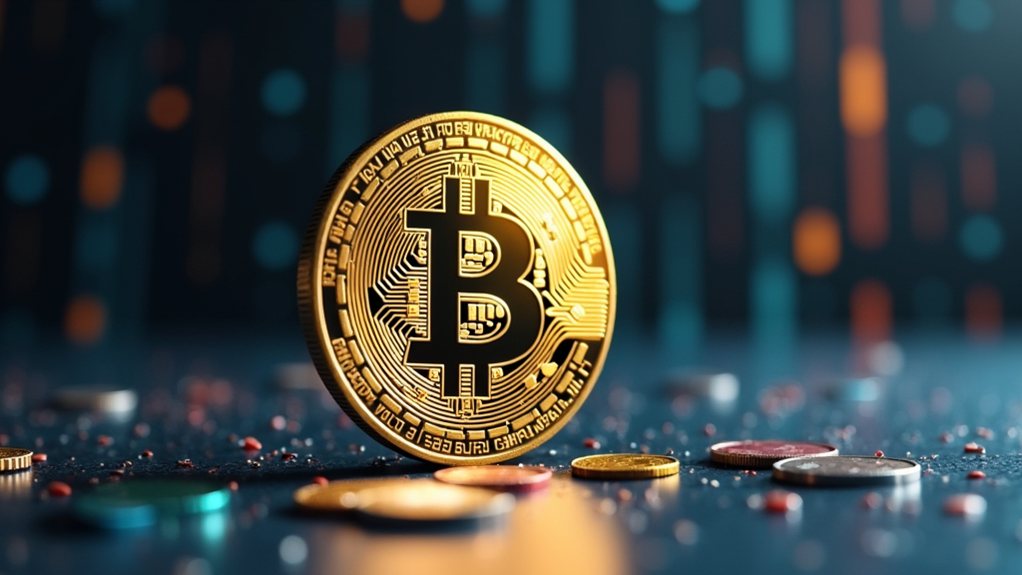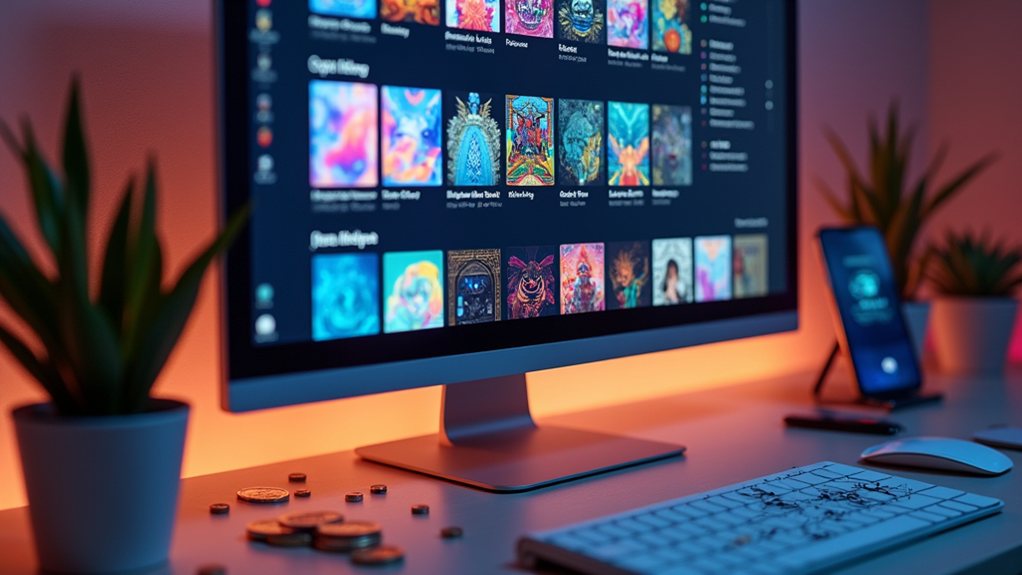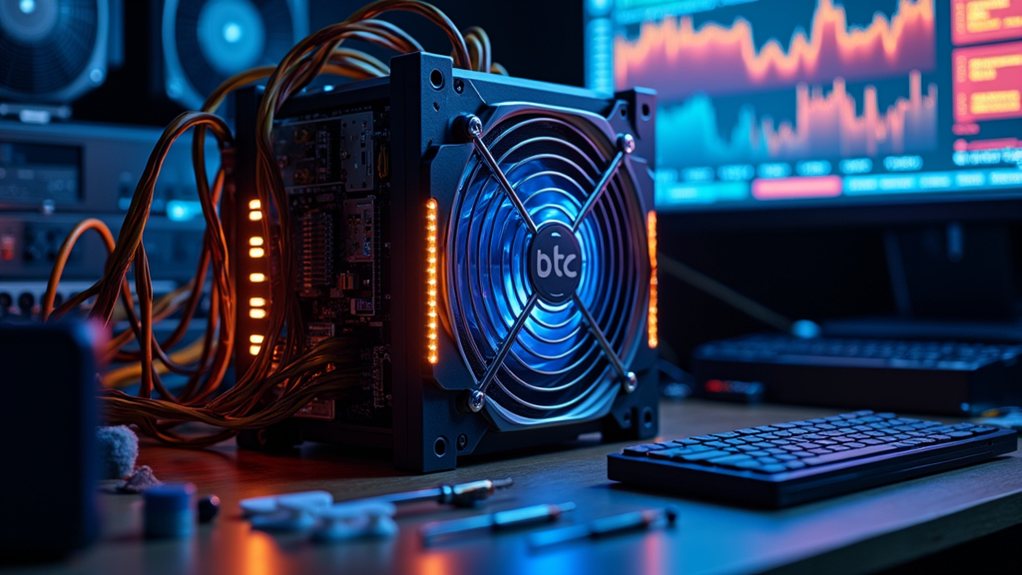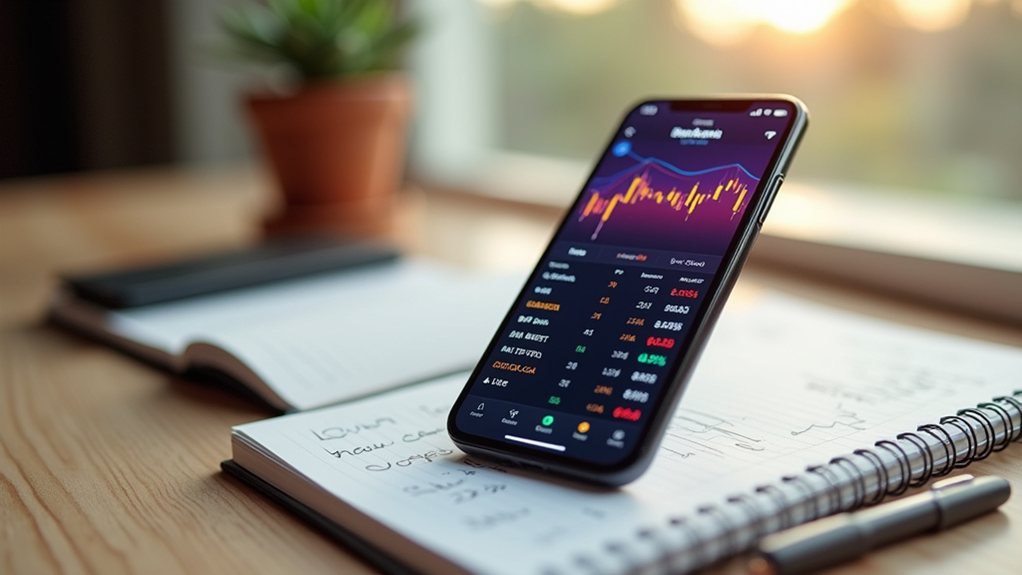Bitcoin Cash emerged in 2017 as a Bitcoin fork with a simple goal: faster, cheaper transactions. It jacked up the block size to 32MB, enabling processing of 116 transactions per second. Same proof-of-work consensus and 21 million coin cap as Bitcoin, but way lower fees. Popular for everyday purchases and cross-border payments while Bitcoin plays digital gold. The philosophical split continues to divide the crypto community.

The digital currency landscape changed forever in August 2017. Bitcoin Cash exploded onto the scene as a hard fork of Bitcoin, born from heated disagreements within the crypto community. The goal? Fix Bitcoin's growing pains. Transaction times were crawling. Fees were skyrocketing. Something had to give.
Bitcoin Cash offered a simple solution: bigger blocks. While Bitcoin stubbornly stuck to its 1MB block size, Bitcoin Cash initially jumped to 8MB, later expanding to a whopping 32MB in 2018. More space meant more transactions could fit into each block. More transactions per block meant faster processing times and lower fees. Pretty straightforward, really.
The technical bones of Bitcoin Cash remain similar to its parent. It uses the same Proof-of-Work consensus mechanism and SHA-256 mining algorithm. The supply is still capped at 21 million coins. Blocks still come roughly every 10 minutes. But that's where the similarities end.
Bitcoin Cash processes up to 116 transactions per second – a significant improvement over Bitcoin. Confirmations happen in seconds or minutes, not hours. Fees? Practically negligible compared to Bitcoin's often hefty price tag. This makes it actually usable for small, everyday purchases. Novel concept for a currency, right? Being able to use it without breaking the bank on fees.
The network operates with decentralized development across multiple teams. No single entity controls Bitcoin Cash. Users can track their BCH through specialized digital wallets designed to view balances and manage transactions. Bitcoin Cash provides financial sovereignty to users through its decentralized and permissionless nature. Like other cryptocurrencies, it offers peer-to-peer transactions without traditional banking intermediaries. It's open-source, with upgrades and improvements driven by community consensus. This makes it resistant to political and social attacks. Democracy in action, crypto-style.
In the real world, Bitcoin Cash has found adoption among merchants globally. It's particularly useful for remittances and cross-border payments where traditional systems charge exorbitant fees. The network also supports token creation and management, enabling innovative applications beyond simple transactions. Micropayments and tipping systems thrive where Bitcoin's higher fees would make such uses impractical.
Compared to its famous parent, Bitcoin Cash prioritizes being a medium of exchange rather than a store of value. It's faster and cheaper to use but hasn't achieved the same level of adoption or market capitalization. Bitcoin is digital gold; Bitcoin Cash is digital cash.
The differences highlight a fundamental philosophical split in the cryptocurrency world. Should these digital assets prioritize security and decentralization above all else? Or should they focus on practical utility for everyday transactions? Bitcoin Cash bet on the latter. For some users, that bet paid off. For others, Bitcoin's dominance speaks for itself. The debate continues, as fierce as ever.
Frequently Asked Questions
How Can I Buy Bitcoin Cash?
Buying Bitcoin Cash is straightforward.
Investors can use cryptocurrency exchanges like Coinbase or Binance after creating an account and verifying identity. P2P platforms work too—direct trading with other users.
Hardware wallets provide secure storage once purchased. BCH ATMs are available in many cities for cash transactions.
Fees vary wildly between services. Some credit cards work for instant purchases.
Simple process, really. Just pick a method and go.
What Wallets Support Bitcoin Cash?
Bitcoin Cash users have plenty of wallet options.
Hardware wallets like Ledger Nano, Trezor, and KeepKey offer maximum security.
For mobile, Bitcoin.com Wallet, Coinomi, and Edge work great.
Desktop users gravitate toward Electron Cash (BCH-specific) or multi-crypto options like Exodus.
Web wallets include Blockchain.com and Coinbase.
Seriously, no shortage of choices here.
Pick based on your security needs and usage patterns.
What Are the Risks of Investing in Bitcoin Cash?
Investing in Bitcoin Cash? Buckle up. BCH's price swings wildly—9.80% volatility in 2024 alone.
Regulations? A mess. Different rules everywhere, changing constantly.
Security's another headache. Lost passwords, hacks, phishing—transactions can't be reversed. Gone means gone.
And adoption? Limited. BCH lacks Bitcoin's network strength and trading volume. Finding buyers when you need them isn't guaranteed.
Not exactly a smooth ride, is it?
How Is Bitcoin Cash Taxed?
Bitcoin Cash is taxed like property, not currency.
The IRS doesn't care about your crypto dreams. All transactions trigger tax events—period.
Sell it? Capital gains tax. Mine it? Income tax. Get it as payment? Also income tax.
Keep records of everything. Every. Single. Transaction.
No like-kind exchanges since 2018.
And those wash sale loopholes? Enjoy them while they last.
Can Bitcoin Cash Be Mined Profitably?
Bitcoin Cash mining profitability hinges on multiple factors.
Hardware costs are steep—latest ASICs aren't cheap. Electricity rates matter enormously; miners in regions with dirt-cheap power have the edge.
Mining difficulty constantly adjusts, making rewards harder to snag. And BCH's notorious price volatility? That's the wildcard.
Some miners turn profits, especially those with access to cheap electricity and efficient hardware. Others? Not so lucky.








